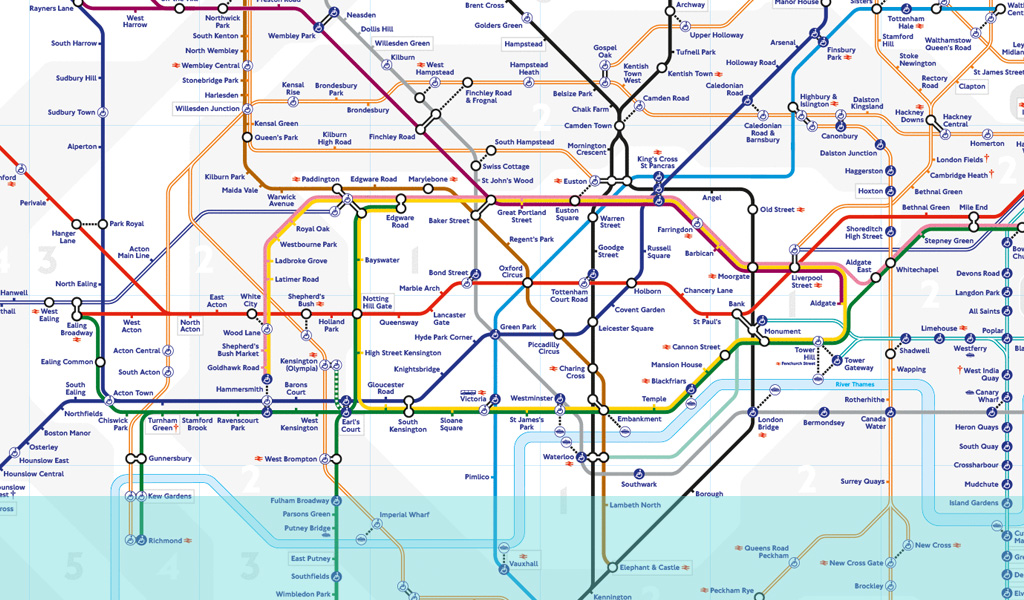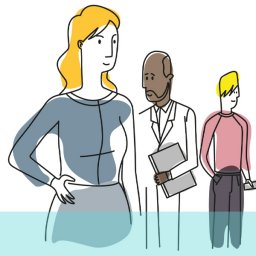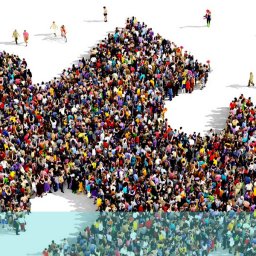
I wrote last week about the impact of Covid-19 on online behaviour. Further research, brought to my attention by Benedict Evans, highlights the impact on a population of forced experimentation. What we mean by forced experimentation is when circumstances change to the extent that they force you to do something different, to experiment with a new solution.
The research, carried out by University of Oxford, department of economics, was carried out in September 2015 and looked at the effect of the London tube strike February-2014 on commuter behaviour. The data analysed was the individual journeys before and after the strike of about 18 thousand oyster card users between 7am and 10am. Various techniques ensured that the sample was strictly defined as commuters.
During the strike, some, but not all of London’s tube stations were closed. This forced commuters to experiment with new routes and the research sought to identify whether the new routes “stuck” or whether commuters returned to old habits. The results “strongly suggest” that commuters who tried news routes were less likely to return to their pre-strike route when the strike was lifted. Why did that happen and what could it mean for online bahaviour post Corvid-19?

What sticks?
People around the world are being forced to stay indoors and maintain social distancing. As the data showed in last weeks post, they have gone online in huge numbers, certainly in areas we would expect, but also in areas we wouldn’t. They have also been exposed to online meeting technology so they can stay in touch with friends and family. (With Zoom’s rise, spare a penny for the thoughts of the person in Microsoft who decided to stop supporting Skype for smart TV’s.) People are learning how to do things with software they have not used before and new channels as a replacement for old channels that are no longer available. What will stick?
One of the reasons the Commuter study was so interesting is that commuting has a negative impact on life-satisfaction. The paper suggests that the commuters did not make “first-best” choices and that it took the strike to force them to change their route. The change made their life better but they could not, or would not change without being forced.
In the context of Covid-19 I can use my parents as an example. Both in their mid-eighties, they use the internet for banking, social media, watching videos, and more. They do not use it to make purchases of almost anything, including groceries. Both drive cars but would prefer not to, but live in a very small village with no shops.
This week, my mother placed her first online grocery order. Along with my siblings I have been trying to convince her for years that online grocery shopping would change their lives, now it has. Will they go back?
They may, (they are stubborn) but a huge proportion of the population won’t. Their lives will be better because of the forced change brought about by Covid-19. I think this will have huge implications for organisations that serve their customers and users online. For example:
- Expectations about service options will inflate – next week, next day, same day, we have seen this already
- People’s technical capability will increase driving expectations about features and functions available online – augmented reality in retail is already a thing
- But the user experience “bar” will be set by the best/simplest experience they have
- Security expectations will be greater and accepted and providers that don’t live up to consumer needs will suffer
There is no doubt that the next few years will be challenging for the global economy and organisations as they recover. Those that pay close attention to changing online behaviour and react to those changes may do better.
If you would like help understanding your customers and how their behaviour is changing get in touch on +44(0)800 024624 or email us at hello@ux247.com.


















[…] our recent blog posts we have presented what “new normal” will result from the global pandemic Covid-19 (C19). […]